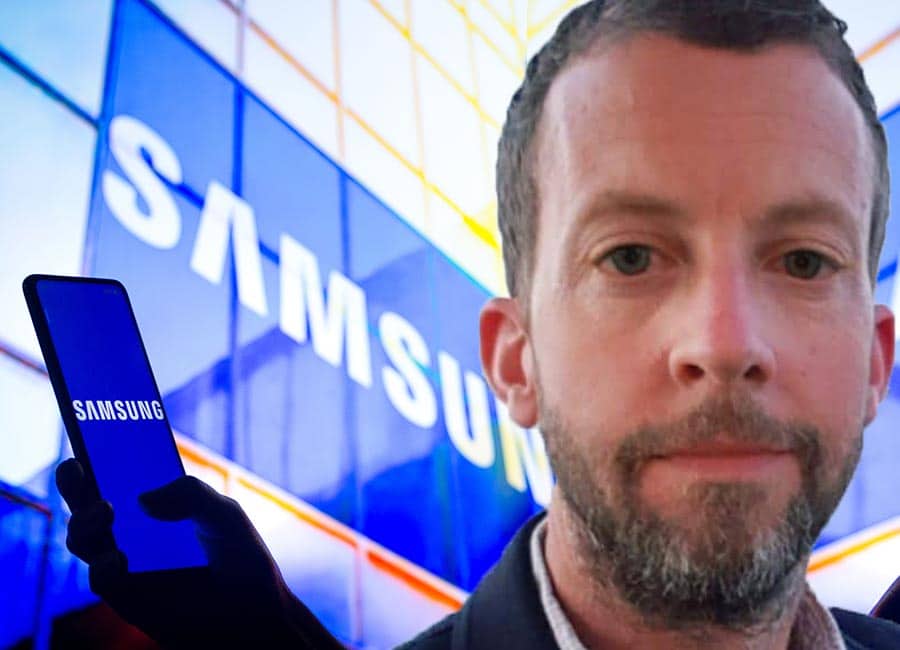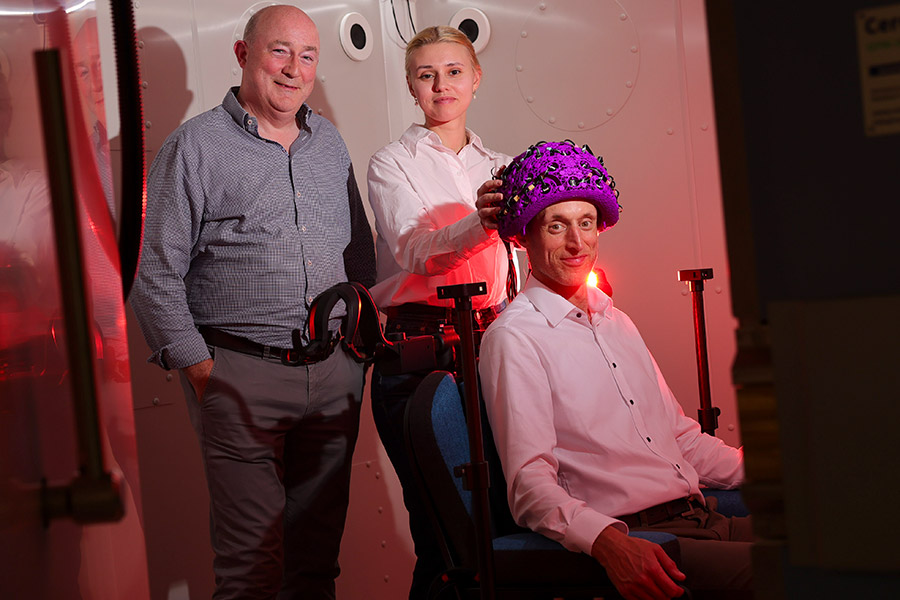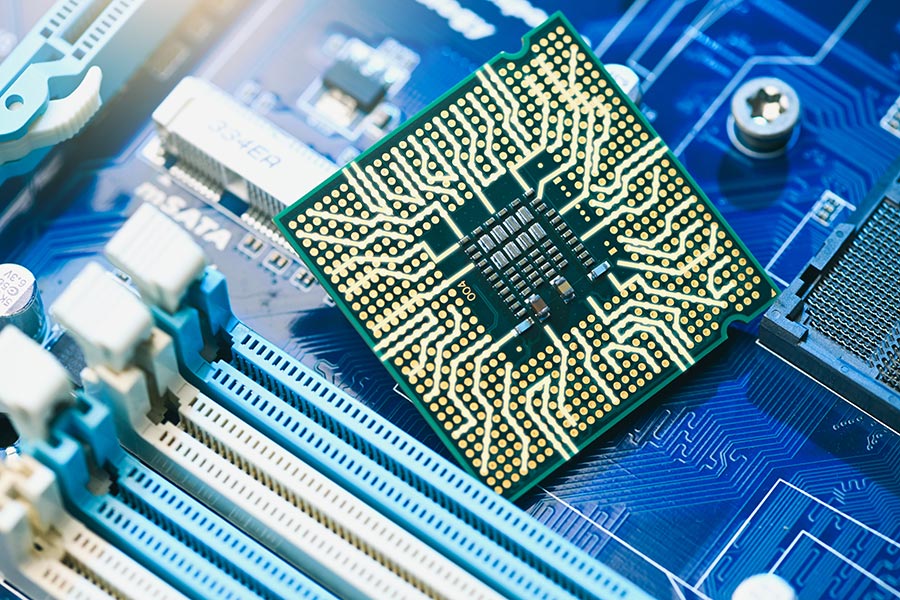Paul Toland, Head of MX Sales at Samsung, explains how technology needs to adapt in order to meet the demands of work and play.
Technology has become ubiquitous and is now a constant in our everyday lives. In recent times, our workforce has taken a more flexible approach through hybrid working and subsequently caused a shift in our everyday device usage.
Given the seismic impact the pandemic has had on how we act as a society, the lines of work and play continue to blur. This paradigm shift is now at the forefront when mobile device manufacturers are considering future technology innovation and product features to ensure they can cater to society’s new normal.
Although working from home has been a prominent aspect of Ireland’s working life over the past number of years, we have seen an ongoing shift as companies have embraced a hybrid model.
This shift means that there’s demand in flexibility when it comes to devices. Recent research from the Global Web Index has suggested that Irish people spend an average of 6 hours and 30 mins a day online, highlighting our constant and instant need for connection and information.
New features and form factors have been the main drivers for innovation, especially in the smartphone market. Multi-tasking has become more prevalent than ever.
That’s certainly the feedback we’re receiving from Samsung customers, who increasingly report the need to have two apps open at one time, to use both a tablet and smartphone at the same time, and even watch the TV as they scroll on their phone.
The Samsung Galaxy Tab S8 is a good example of a device that was created to meet this demand to support multi-tasking. Bigger screens are vital to improve usability, and we’ve paired this with a Multi-Window tool, so users can take advantage of up to three apps at the one time.
The Galaxy Z Fold 3, a smartphone which unfolds to reveal a massive screen to enable users to watch, work and play like never before.
This device reliance has also been acknowledged at a government level, with the introduction of the Digital Ireland Framework, launched in February 2022. The framework aims to capture the opportunities of digital technology for the betterment of business and society.
In particular, the framework aims to help small businesses benefit from the digital economy by providing grants and assistance, with the current target of 90% of Irish SMEs at basic digital intensity by 2030 and 75% enterprise take-up in cloud, AI and big data.

5G connectivity
Connectivity is also at the forefront of Ireland’s workforce plans, with the aim of making connectivity available to everyone via initiatives such as the National Broadband Plan, Remote Working Hubs and Broadband Connection Points.
All populated areas will be covered by 5G no later than 2030. Technology developers will have a core interest in developing cheaper and more attainable 5G devices, as this sort of connectivity becomes the new norm. T
The importance of 5G connectivity is in its essence to empower customers to work from anywhere. They can share data from anywhere, communicate by video and stream content whenever they want, without worrying about wi-fi or network congestion.
In 2019, Samsung was among the first to bring 5G to PCs and tablets in the Irish market. Future innovations across the market will have a core responsibility to accelerate connectivity throughout Ireland.
Another area that has driven technology innovation from software to formfactors is cybersecurity. People want to be assured that their data is secure and technology developers have had to adapt quickly to meet this demand and must continue to do so as more cyber threats emerge.
This is particularly true as we embrace hybrid working. When remote, we are less protected by our organisations’ networks. Therefore, as well as innovating with devices in terms of look and feel, we must consider how secure we can make our customers’ devices to ensure robust productivity and trust in functionality.
As our lives continue to rapidly change, I don’t doubt we will continue to see our industry rapidly transform to increase digital transformation in Ireland.
+ Paul Toland (pictured above) is Head of MX Sales at Samsung in Ireland










